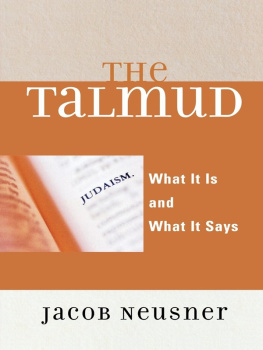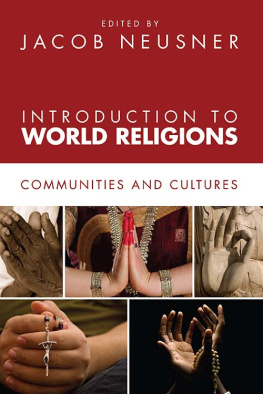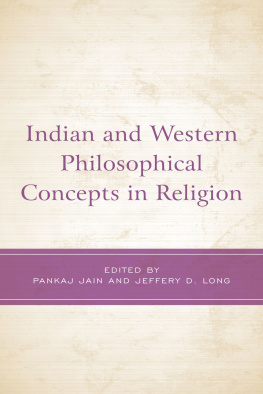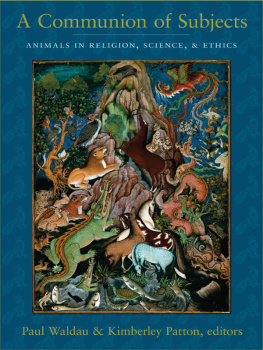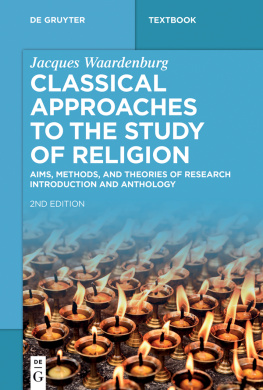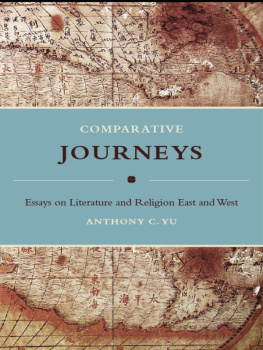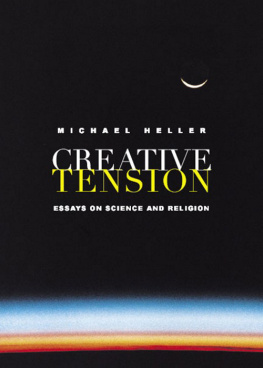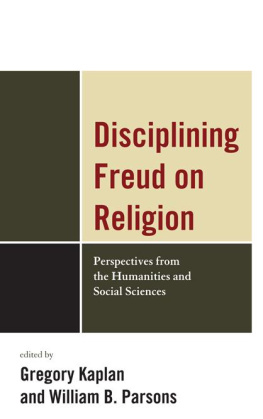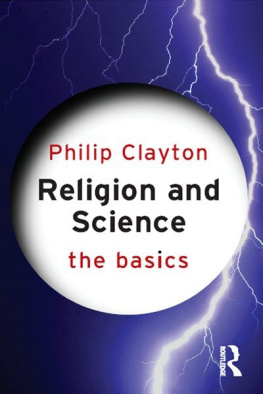1
Should We Justify War?
Roger Berkowitz*
Bard College
The Lord is a man of war!
Herman Melville
Abstract : In speaking of just war, we speak not of justice but of justification. As a matter of justification , just war theory can and often does work to exclude and preclude the question of justice in war. What is needed, rather, is a determination to recall that justice, and not merely justification, has a place in war. Instead of the justifications offered by just war theorizing, we must demand that those who fight and we who think about war not blind ourselves to the illumination of justice amidst the fog of wars justifications.
JUST WAR AS A MATTER OF THEORY
War, Heraclitus tells us in fragment 53, is the father of all things. In fragment 80, he adds that war is what is most common, that justice is strife, and that all things come to life through strife and necessity. Finally, in fragment 64, Heraclitus adds that all things are steered and governed by lightning. War and lightning are, together, the common source of all thingswhich Heraclitus holds to be necessary and just.1 The omnipotence of war is just; justice, also, is a child of Zeus, the warrior god of the lightning bolt.
This paper is an effort to explore what it means for just war theory that justice is a child of war. How can it be that justice, the child, sits in judgment of war, its father?
One answer is that the good and the just make sense only as those ideals for which one will endure the most extreme sacrifice. Without the extremity of war, Achilles would not be a hero; his choice of a glorious life and an early death would seem not illustrate the sublime justice of one who puts the common good above his own welfare. Similarly, Patrick Henrys cry give me liberty or give me death only gives voice to the human spirit of justice because it issues from a battlefield. War, in effect, calls forth ideals of justice in order to justify its horrors. Absent the glory and tragedy of war, there would be no spiritual cauldron in which to forge the mettle of justice.
It is this power of war to give birth to justice that led the Jewish born Christian philosopher Simone Weil to conclude, Only he who has measured the dominion of force, and knows how to respect it, is capable of love and justice.2 What war teaches, Weil argues, is the experience of utter misery, the reduction of man to a mere thing, a plaything of fate. Only amidst the fury of war, the savagery of strife, and the lashes of lightning do human beings confront the utter senselessness of our world, the very precondition that calls forth redemption in the guise of the dream of justice.
The experience of human misery is what first allows human beings to raise themselves to a higher plane, to resort to the aid of illusion, fanaticism, to conceal the harshness of destiny from their eyes. As did Plato and Nietzsche before her, Weil understood that the man who does not wear the armour of the lie cannot experience force without being touched by it to the very soul.3 Only the lie of justice, the dream of a higher plane of human purpose, allows us humans to survive the existential threat war poses. Justice, in other words, is that noble lie that humans invent in order to redeem our warlike and strife-filled lives; justice emerges in response to the deprivation of war as an attempt to find meaning in a meaningless world.
It is worth recalling the paternal and generative relation between war and justice at the beginning of a volume that seeks to consider just war as a matter of theory. The theoretical subjection of war to justice places the sapling atop the tree. But what does it mean to have the daughter, justice, sit in judgment on the father?
It means, at least in part, that in speaking of just war, we speak not of justice but of justification.4 That war is justified does not mean that it is just. It may be justifiable to have invaded Afghanistan, but that doesnt mean it was just. It may be justifiable to kill an enemy soldier asleep in the woods, but many soldiers have worried that doing so is not just. And while war theory justifies bombing civilian houses suspected of harboring fighters as long as you warn the inhabitants to leave, that too will strike many as unjust. What must be remembered is that within the theoretical context of just war theory, the word just is a term of art. As a matter of justification , just war theory can and often does work to exclude and preclude the question of justice in war.
When used in the context of just war , justice means justifiable, defensible, even morally necessary (given the alternatives)and that is all it means.5 For Michael Walzerwhose book Just and Unjust Wars is for current just war theory what Grotius The Law of War and Peace was to prior centuries6it is essential that in talking about just war we agree that justice in the strong sense, the sense that it has in domestic society and everyday life, is lost as soon as the fighting begins.7 What theories of just war address, writes Brian Orend, is not some high ideal of justice, but a connected body of ideas and values which considers when war can be ethically justified.8 A just war is a justifiable war. In other words, a just war is one that is seen to be legitimate when judged by clearly articulated norms, rules, and legal principles.
While warfare is as ancient as mankind, the justification of wars is a uniquely modern idea. This is true despite the fact that there is a long tradition of thinkers who sought to justify war. The effort to justify war first emerged with the Romans and the Christians. The Romans spoke of just wars, however, as any war that was necessary. For the Romans, [t]he war that is necessary is just.9 The attribution of justice to necessary wars lasted through the 19th century, with necessity comprising a broad category covering conquest, expansion, defense of vested interests, [and] the conservation of power in view of the rise of new and threatening powers.10 The justice of necessary wars (however broadly conceived) dominates just war thinking up until the 20th century and World War I.
For Hannah Arendt, the modern just-war theorizing that we encounter today is a response to the radical innovation in the violence of war witnessed in World War I. The notion that aggression is a crime and that wars can be justified only if they ward off aggression or prevent it acquired its practical and even theoretical significance, she writes, only after the First World War had demonstrated the horribly destructive potential of warfare under conditions of modern technology.11 At a time when war threatens Armageddon, the justification for war cannot proceed on utilitarian and rational groundsthe very idea of a useful war loses its purchase when the consequences of victory as much as defeat might mean annihilation.
The very idea of just war is impossible, Arendt writes, because justice can only exist within laws. Every war, however, plays itself out beyond the law, even a defensive war, in which I am forced to overstep the boundsthe fence of the law.12 In modern times when wars always threaten absolute annihilation, the only justification left for war is the absolute justification: we fight for freedom and for existence itself. In other words, Arendt writes, freedom has appeared in this debate [over the justification of war] like a deus ex machina to justify what on rational grounds has become unjustifiable.13 Just war theory emerges as a theory of justification, in other words, precisely when the usual justifications of rationality and utility cease to function as meaningful justifications for war. We must recognize, therefore, that just war theory is above all an effort to justify and rationalize war at a time when war is ever more difficult to justify.
Discussion of justified warfare rarely concedes that war today is unjustifiable. While war is thought to be hell, the effort is to articulate norms, conventions, and laws that allow us to say when war is and is not justified. Above all, we seek to justify war, to tame it, and make it more humane. The effort to justify, rationalize and humanize war, however, is something far different from the demand to do justice.


